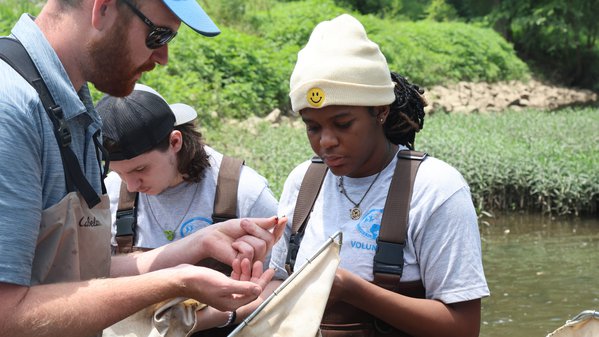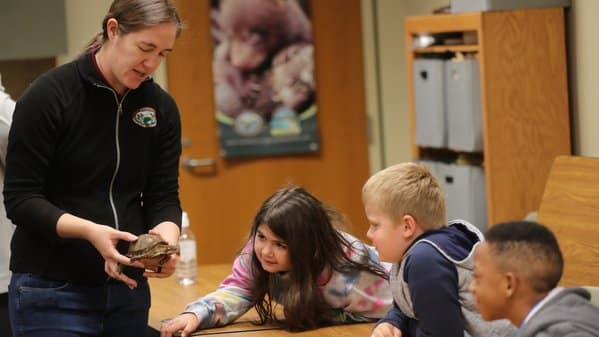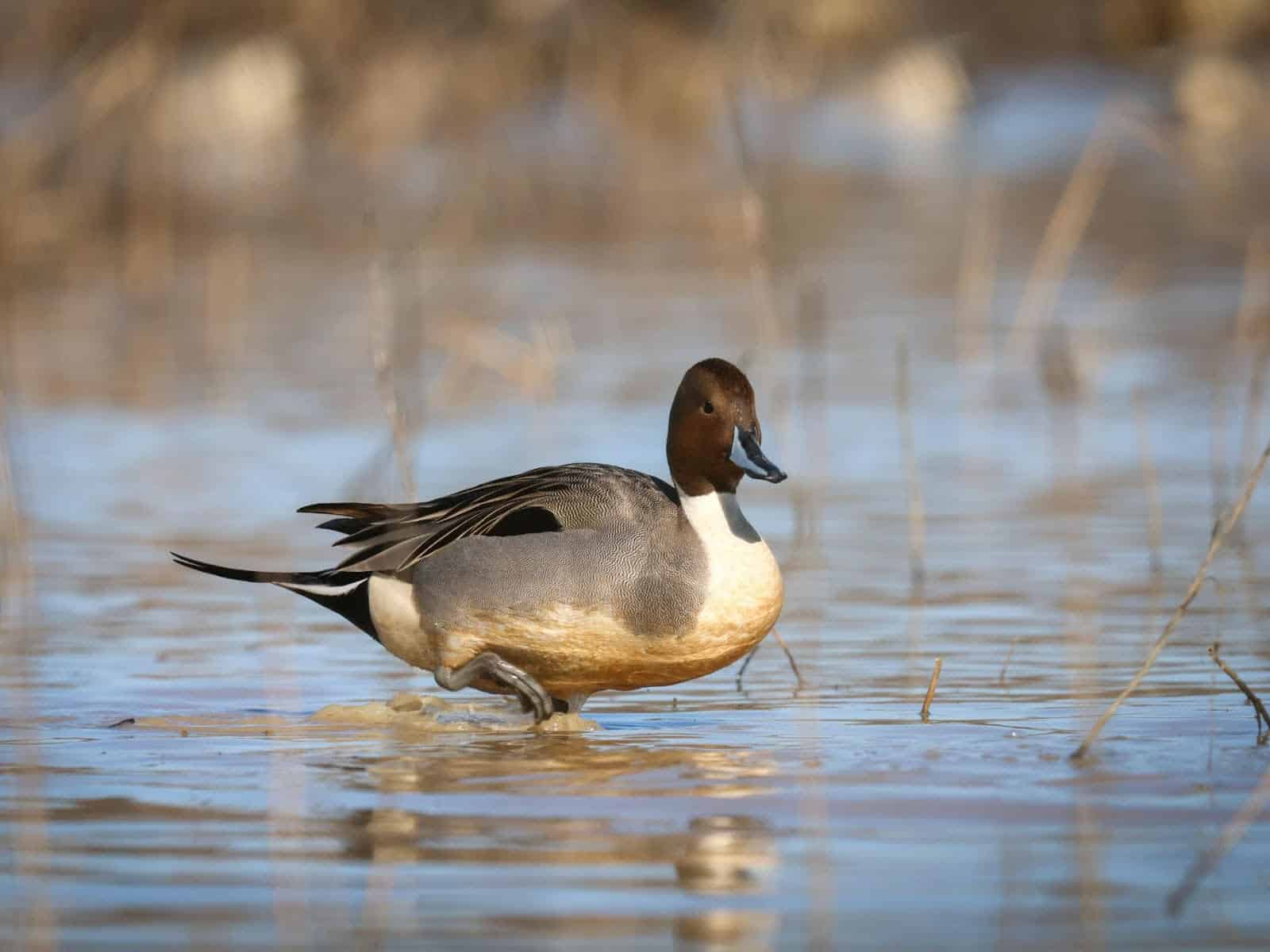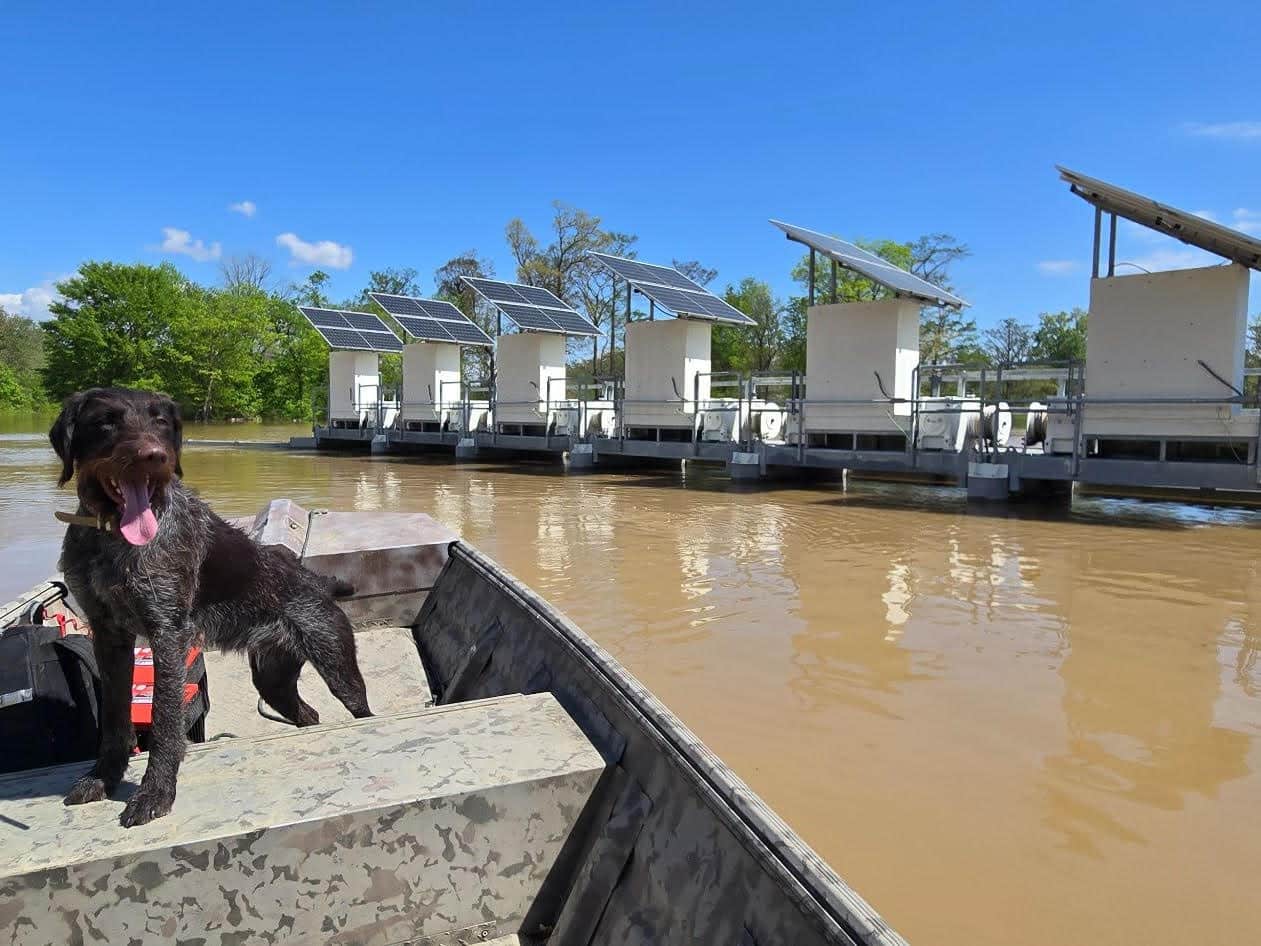AGFC, AEDC offer $713,000 from poaching fines to Arkansas schools
ON 08-28-2023

Aug. 28, 2023
Randy Zellers
Assistant Chief of Communications
LITTLE ROCK – Nearly three-quarters of a million dollars is available for Arkansas schools this year, thanks to a partnership between the Arkansas Game and Fish Commission and the Arkansas Economic Development Commission’s Division of Rural Services to turn poaching violations into education opportunities.
All wildlife and fishing fine money collected in each Arkansas county last year has been set aside by the AGFC specifically for education grants teachers may use to increase conservation education efforts in their school. The money is available through grants administered by AEDC.
Teachers and administrators have until Oct. 25 to apply for a conservation education grant at www.arkansasedc.com/rural-services/division/grants/wildlife-education-grant. The amount of money available in each county is based upon the fines collected in that county and any unused funds from previous years. Any school or conservation district in Arkansas may apply for these grants regardless of size or population.

“Last year these grants paid for everything from field trips to nature centers and educator workshops to building butterfly habitats and other outdoor experiences right on school grounds,” AGFC Chief of Education Tabbi Kinion said. “Grants averaged about $3,000, and ranged from $300 to $16,500. The grant amount really boils down to fine money available in each county and number of applicants.”
All fine money collected in each county never really crosses county lines. In some rural school districts, these extra dollars have played pivotal roles in offering conservation education programs that would otherwise have been cut due to lack of funding.

“AGFC programs like Archery in the Schools, Fishing in The Natural State and schoolyard habitat are often funded with these grants, but any needs for conservation education a school has, even class supplies to teach the Outdoor Adventures program, are eligible for grant funding,” Kinion said.
Visit www.agfc.com/conservationgrants for more information on the program, a link to the application site and a county-by-county list of grant money available.
####
CUTLINES:
CLASS WITH OWL
Field trips to nature centers are free but grants can help offset the cost of travel and any workshop fees associated with conservation education.
STREAM CLASS
Many hands-on education activities and programs are offered through the AGFC, and wildlife fine money grants can help pay for materials and equipment.
TURTLE CLASS
Wildlife fines fuel conservation education in the county where they were collected.
Recent News
Subscribe to Our Weekly Newsletter E-mails
Don’t miss another issue. Sign up now to receive the AGFC Wildlife Weekly Newsletter in your mailbox every Wednesday afternoon (Waterfowl Reports are published weekly during waterfowl season and periodically outside the season). Fishing Reports arrive on Thursdays. Fill in the following fields and hit submit. Thanks, and welcome!


